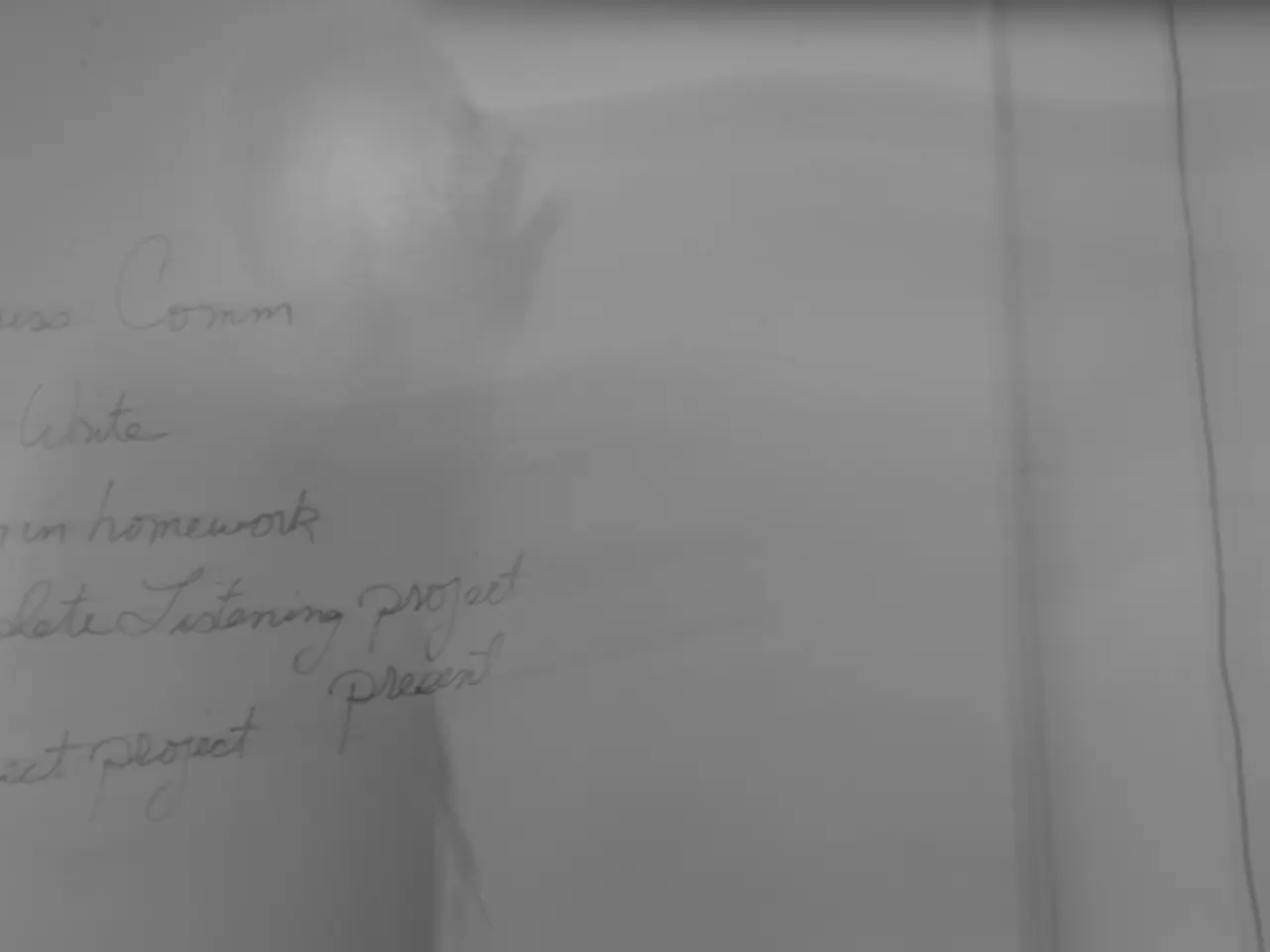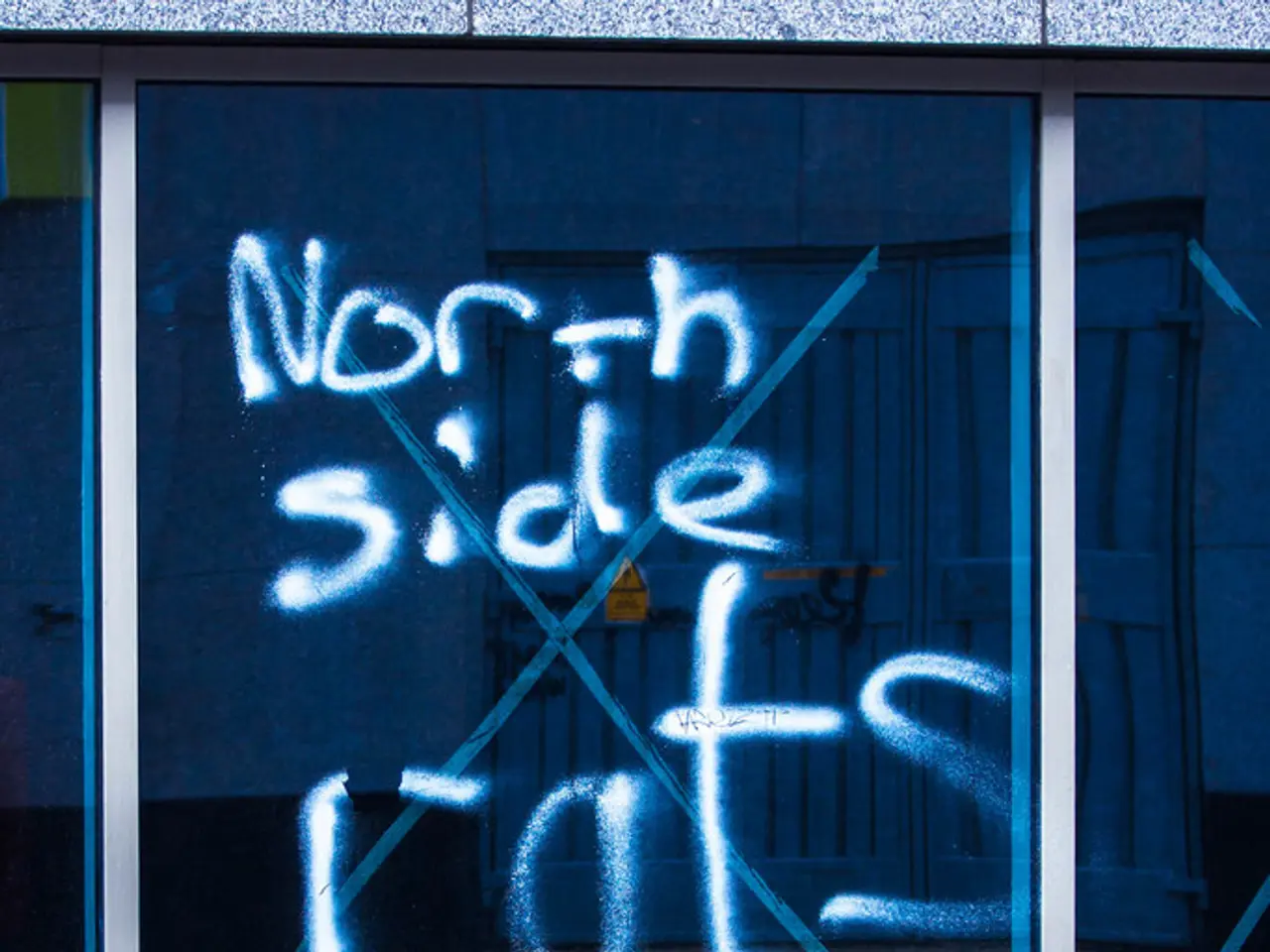Militarized enforcement action planned across haredi municipalities by Israeli Defense Forces
In a significant move, Israeli security forces are preparing to implement an enforcement plan aimed at haredi (ultra-Orthodox) public members refusing military service. This plan, which marks a shift in the country’s approach to military conscription and equality of service, has far-reaching implications for Israeli society.
## Details of the Enforcement Plan
Over 54,000 draft notices will be sent to ultra-Orthodox men, whose previous exemptions as yeshiva students are no longer valid following a Supreme Court ruling. These notices will be issued in several phases throughout July, with enlistment appointments scheduled throughout the 2025 draft year.
The IDF will prioritise candidates with high potential for combat and frontline support roles to address increased operational needs. The plan includes a shortening of the process to classify someone as a deserter, from months to approximately two months.
The IDF has committed to preserving the unique religious lifestyle of ultra-Orthodox recruits by developing special service tracks to support their integration. Moreover, the plan focuses on selective enforcement and creating a deterrent effect, with the expectation that politicians will reinforce the operation with legislative sanctions against deserters.
## Potential Implications
The enforcement plan is highly controversial. Haredi leadership argues that Torah study is their profession and that their community’s spiritual dedication defends the nation, a point of contention for many years. Haredi parties in the coalition government have threatened to withdraw and trigger new elections if legislation to restore the deferment is not passed soon.
The current enforcement follows a Supreme Court ruling, but the government is seeking a new legal framework to allow yeshiva students to avoid conscription. If legislation is enacted, it could again alter the landscape for haredi conscription.
The IDF’s insistence on integrating haredi recruits with tailored service tracks aims to balance military needs with religious requirements, but large-scale integration will require significant resources and cultural adaptation from both the IDF and the haredi community.
The severe shortage of prison space for potential draft deserters poses a logistical challenge and raises human rights concerns. If large numbers refuse to serve, the state will need to expand detention facilities or find alternative solutions.
The enforcement plan is likely to heighten tensions between haredi and secular Israelis, both within the government and society at large. It also raises questions about the principle of equal burden-sharing regarding military service in Israel.
In addition to permanent checkpoints, mobile enforcement actions and targeted raids on religious institutions and residential areas will be carried out. The number of deserters is expected to rise from a few thousand currently to tens of thousands within a year. More than 80% of Israeli Jews support cancelling the IDF exemption.
The new checkpoints will be positioned at strategic locations, including entrances to major haredi cities such as Bnei Brak, Jerusalem, and Beit Shemesh, main traffic routes used by the haredi population, border crossings like Ben Gurion Airport and checkpoints in Judea and Samaria. After two months, anyone who does not report to the draft offices will be considered a deserter and subject to arrest and criminal prosecution.
This new enforcement plan is a direct response to court rulings invalidating previous exemptions for haredi youths. While the IDF aims to integrate them into service through tailored programs, the move is fraught with political, legal, and logistical challenges that could have far-reaching consequences for Israeli society.
The enforcement plan, aimed at ultra-Orthodox men who have previously been exempted from military service, is creating a stir in political circles, with Haredi parties threatened to withdraw from the coalition government. This plan, as part of a larger shift in Israel's approach to military conscription, is a major general news item and has potential implications for war-and-conflicts, given the increased operational needs in the Israeli Defense Forces (IDF). Furthermore, with the rise in the number of potential draft deserters and the severe shortage of prison space, crime-and-justice issues are also at play, particularly with regards to human rights concerns.







